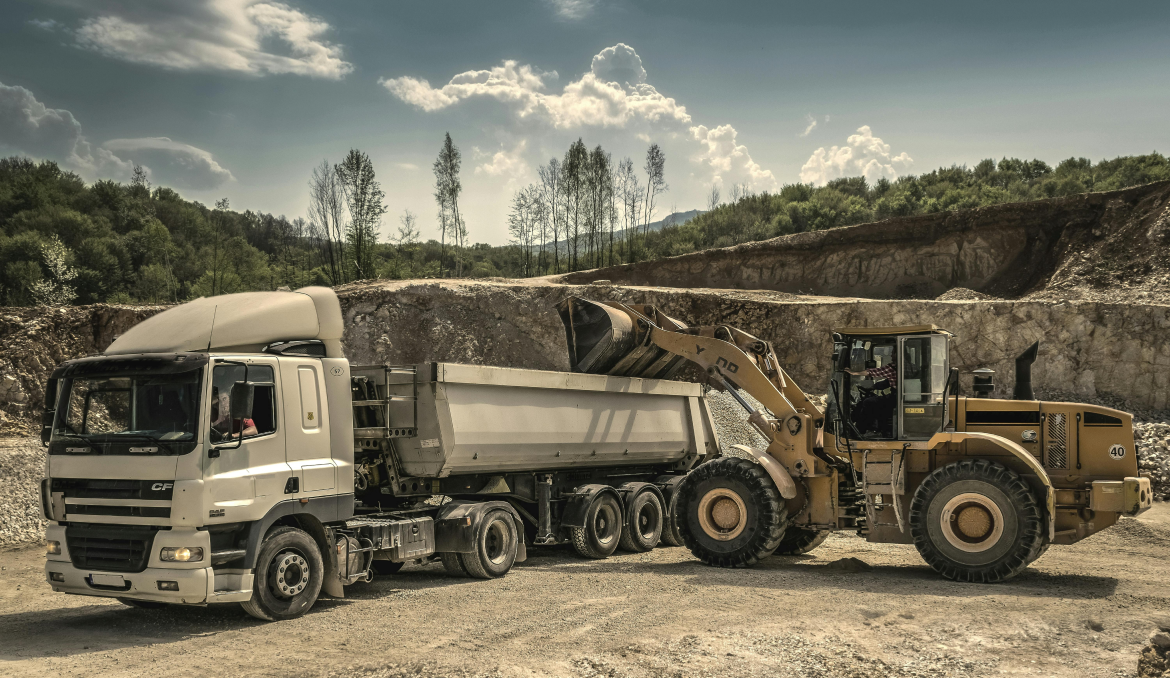Advanced Vehicle Solutions and Waste Management Equipment
In today’s rapidly evolving world, the integration of advanced vehicle solutions in waste management is transforming the industry. These innovations not only enhance operational efficiency but also contribute significantly to environmental sustainability. This article explores the various advanced vehicle solutions and waste management equipment, highlighting their benefits, technological advancements, and future prospects.
Smart Sensor Technology

- Collision Avoidance Systems: Utilizing cameras and radar to detect obstacles and prevent accidents, ensuring the safety of both the vehicle and the surrounding environment.
- J360° Surround View: Enhancing driver awareness with live feeds from multiple cameras, providing a comprehensive view of the vehicle’s surroundings.
- Driver Safety Systems: Monitoring driver behavior to reduce fatigue and distractions, promoting safer driving practices.
Electric and Hybrid Vehicles
- Reduction in Emissions: Electric and hybrid waste management vehicles significantly reduce carbon footprints, contributing to cleaner air and a healthier environment.
- Operational Efficiency: These vehicles offer lower operational costs and maintenance, making them a cost-effective solution for waste management companies.
- Energy: Minerals such as coal and uranium are vital for energy production.
Autonomous Waste Collection Vehicles
- Automation and Efficiency: Autonomous vehicles can operate with minimal human intervention, increasing efficiency and reducing the need for manual labor.
- Safety Enhancements: Reduced risk of accidents and injuries with automated systems, ensuring a safer working environment for waste management personnel.
Waste Management Equipment
- Automated Sorting Systems: Utilizing AI and robotics to sort waste efficiently, improving the accuracy and speed of recycling processes.
- Material Recovery Facilities (MRFs): Advanced facilities designed for the efficient recovery of recyclable materials, maximizing the amount of waste that can be repurposed.
Compactors and Balers
- Space Optimization: Compactors reduce the volume of waste, making transportation more efficient and cost-effective.
- Recycling Efficiency: Balers compress recyclable materials, making them easier to handle and transport, thus streamlining the recycling process.
Smart Waste Bins
- IoT Integration: Smart bins equipped with sensors to monitor waste levels and optimize collection routes, reducing the frequency of collections and associated costs.
- Data Analytics: Using data to improve waste collection schedules and reduce operational costs, enhancing overall efficiency.
Environmental Impact
- Reduction in Greenhouse Gases: Advanced vehicles and equipment reduce emissions and promote recycling, contributing to a healthier planet.
- Sustainable Practices: Encouraging the use of eco-friendly technologies in waste management, fostering a culture of sustainability.
Economic Advantages
- Cost Savings: Reduced fuel consumption and maintenance costs with advanced vehicles, leading to significant savings for waste management companies.
- Increased Efficiency: Automation and smart technologies streamline operations, reducing labor costs and improving productivity.
Safety Improvements
- Enhanced Driver Safety: Technologies that monitor and improve driver behavior, reducing the risk of accidents and promoting safer driving practices.
- Reduced Accidents: Collision avoidance systems and autonomous vehicles lower the risk of accidents, ensuring a safer working environment.
Technological Advancements
- AI and Machine Learning: Continued integration of AI to improve waste sorting and collection, enhancing the efficiency and accuracy of waste management processes.
- Renewable Energy: Increased use of renewable energy sources in waste management vehicles, promoting a sustainable future.
Policy and Regulation
- Government Initiatives: Policies promoting the adoption of advanced waste management technologies, encouraging innovation and investment in the industry.
- Industry Standards: Development of standards to ensure the safety and efficiency of new technologies, fostering a culture of continuous improvement.
Technological Innovations
- Automation and AI: Integration of automation and artificial intelligence in mining and processing to enhance efficiency and safety.
- Green Technologies: Development of eco-friendly technologies to reduce the environmental impact of mining and processing activities.

Sustainable Practices
- Circular Economy: Promoting recycling and reuse of metals and minerals to create a sustainable supply chain.
- Renewable Energy: Increasing use of renewable energy sources in mining operations to reduce carbon footprint.
The adoption of advanced vehicle solutions and waste management equipment is pivotal for the future of sustainable waste management. These technologies not only enhance operational efficiency but also contribute to environmental conservation and economic savings. As the industry continues to evolve, the integration of innovative solutions will play a crucial role in addressing the challenges of waste management and promoting a cleaner, greener future.

